Reforms

El-Khatib emphasized the importance of aligning efforts with global partners to expand productive and service sectors capable of generating financial returns

“Egypt has remained steadfast in implementing our economic reform program amidst formidable challenges,” explained Madbouly on Sunday.

The EBRD forecasted Egypt’s GDP to rise by 4.8 percent during FY2023/2024, driven by recent reforms to boost private sector growth and easing of external and fiscal vulnerabilities
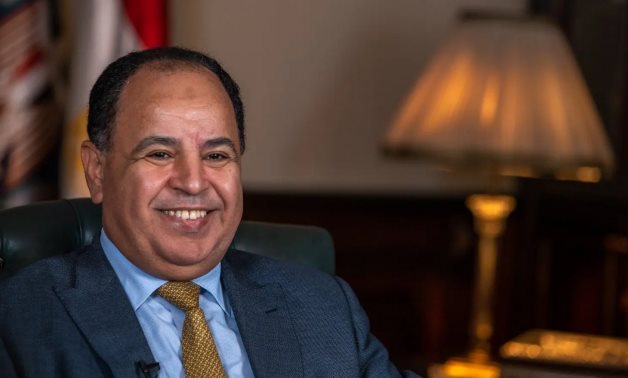
Maait emphasized Egypt’s keenness for continuous coordination with the International Monetary Fund to maximize avenues of mutual cooperation that help achieve development, financial, and economic objectives.
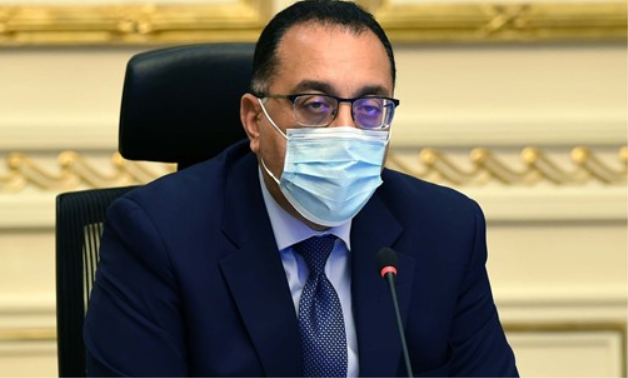
The center pointed out that the national program for structural reforms has drawn up a roadmap for the success of the first phase of the economic reform and dealing with COVID-19.
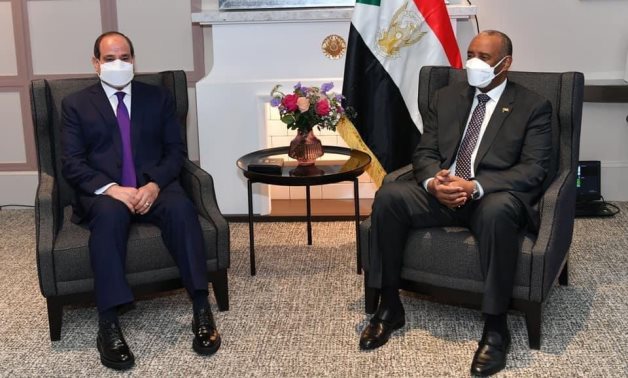
President Abdel Fatah al-Sisi met on Sunday Chairman of the Sudanese Sovereign Council Abdel Fatah al-Burhan in Paris, where they will both attend two conferences on Sudan and Africa.
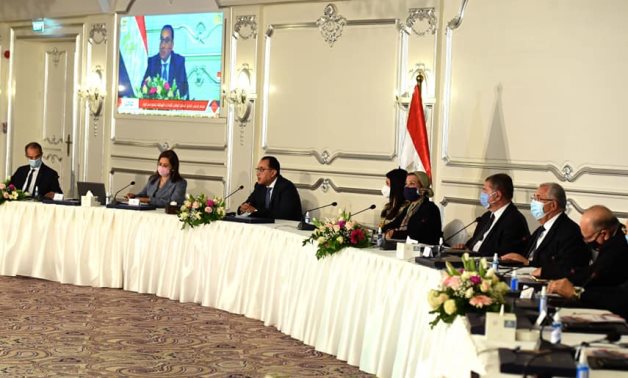
The program is the second phase of the National Program for Economic and Social Reforms, which will have a third phase.

Maait said the budget deficit decreased to stand at 7.9 percent of Gross Domestic Product (GDP), while the initial surplus was put at 1.8 during fiscal year 2019/2020.

The Egyptian Publishers Association considered the statement a blatant and unacceptable interference in Egypt's internal affairs, adding that it promotes false allegations that are not based on any facts or evidence.

Minister of Foreign Affairs Sameh Shokry took part Wednesday in the meetings of the Executive Council of the African Union held via video conferencing.

The perception of international institutions is still positive towards the Egyptian economy, minister of planning highlights.

The report added that average real growth has remained positive during FY2019/20 and foreign reserves continue to be rather ample.
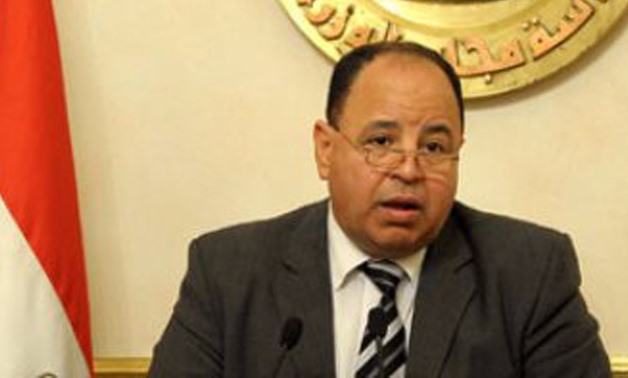
The reforms have contributed to giving the Egyptian economy greater flexibility in absorbing shocks and positively dealing with internal and external challenges, and the ability to overcome them.
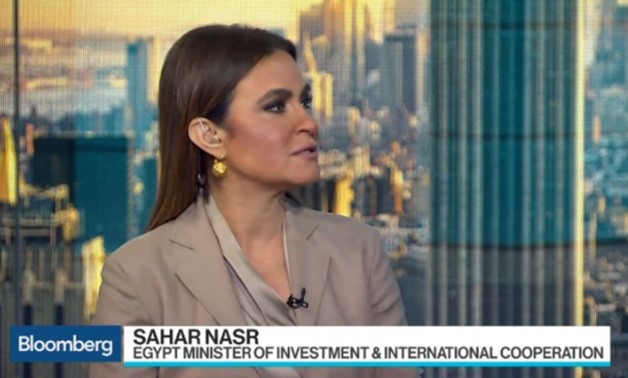
That is the reason Egypt has become the most attractive to investments on the continent, the minister said.

Nasr clarified in a statement that maintaining Egypt's position came as a result of the improvement of the business climate, represented in governmental programs, in addition to gradual increasing private sector's investment, as well as enhancing econom

Despite it leading to dwindling personal purchasing power, the decline of the local currency against the dollar has been proving a goldmine for local manufacturers.

The board also discussed establishing 19 free and investment zones that would provide 220,000 job opportunities, Nasr said in statements to the press on Wednesday.

Egypt embarked on a bold economic reform program that included the introduction of taxes and cutting energy subsidies to trim the budget deficit.

The European Commission's report covers the EU-Egypt partnership from June 2017 to May 2018 and assesses the economic, political and social developments in Egypt.
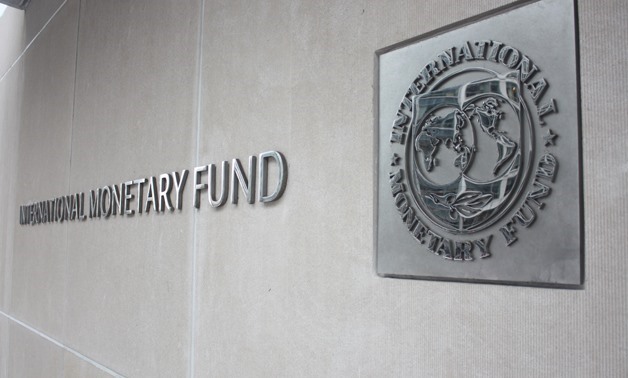
He also thanked the government for such reform measures.
Most Read